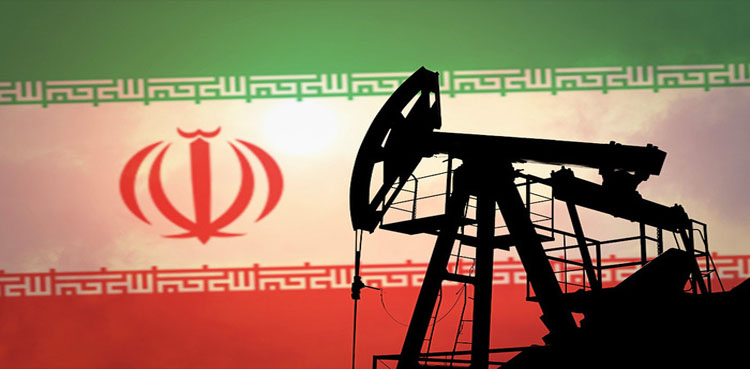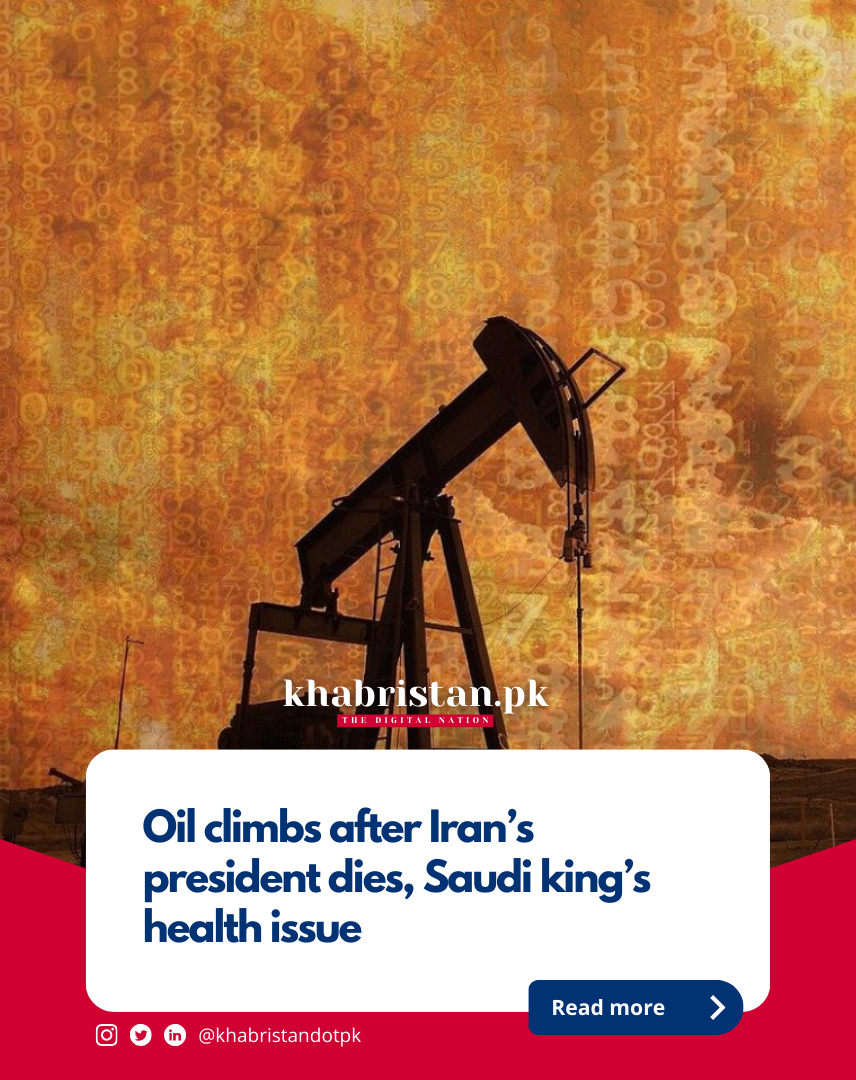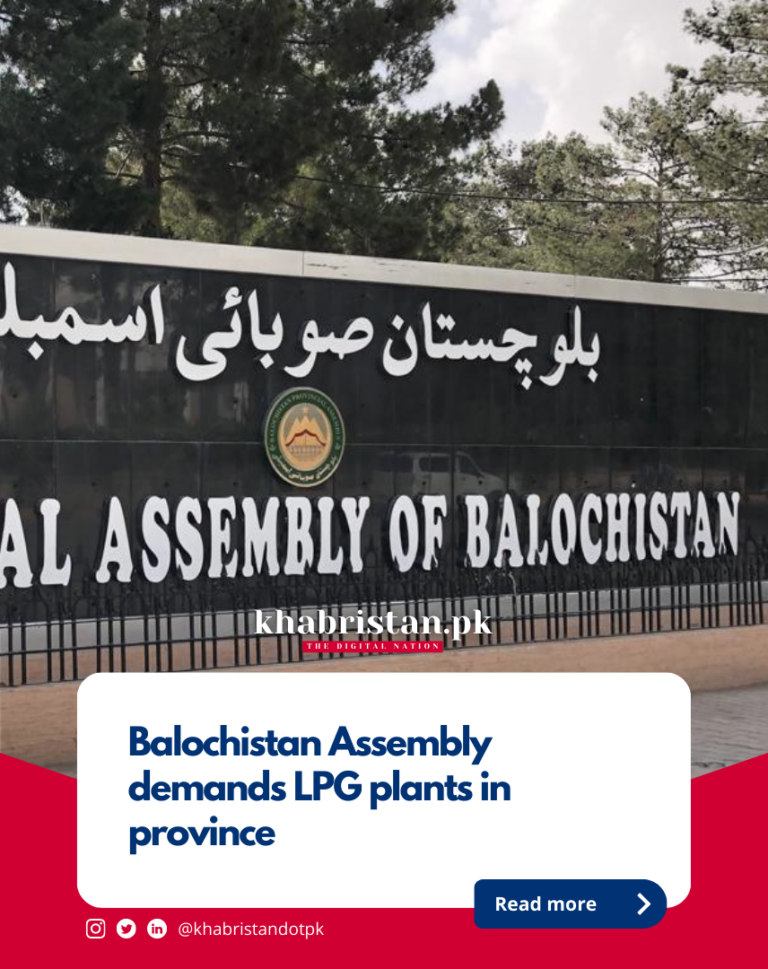Oil prices rose following political uncertainty in major oil-producing countries. This was caused by the death of Iran’s president in a helicopter crash and Saudi Arabia’s king’s health issues, which led to the cancellation of a diplomatic trip. Brent reached $84.39 a barrel, and WTI stood at $80.29, the highest in weeks. OPEC+ is set to meet on June 1.

Oil prices extended gains on Monday amid political uncertainty in major producing countries after Iran’s president died in a helicopter crash and Saudi Arabia’s crown prince cancelled a trip to Japan, citing issues with the king’s health.
Brent gained 41 cents, or 0.5%, to $84.39 a barrel by 0632 GMT, after rising to $84.43 earlier, its highest since May 10.
U.S. West Texas Intermediate (WTI) crude for June edged up 23 cents to $80.29 a barrel, after hitting $80.35 earlier, the highest since May 1. The June contract expires on Tuesday and the more-active July contract was at $79.89, up 31 cents, or 0.4%.
Iranian President Ebrahim Raisi, a hardliner long seen as a potential successor to Supreme Leader Ayatollah Ali Khamenei, was killed in a helicopter crash in mountainous terrain near the Azerbaijan border, officials and state media said on Monday.
Separately, Saudi Arabian Crown Prince Mohammed bin Salman postponed his visit to Japan, scheduled to begin on Monday, because of a health issue with his father King Salman, said Japan’s Chief Cabinet Secretary Yoshimasa Hayashi.
Saudi Arabia’s state news agency on Sunday reported that 88-year-old King Salman will undergo treatment for lung inflammation.
“If the father’s health is failing, it adds to the layer of uncertainty already circling energy markets this morning following the news that the Iranian President is missing,” IG Markets analyst Tony Sycamore said.
He added that WTI prices may rebound further toward $83.50 after rising above the 200-day moving average of $80.02.
“I do think there are enough reasons out there for this to happen, more so when you factor in China property measures announced last week, including relaxing mortgage rules, lowering deposits, and buying unsold homes,” Sycamore said.
Brent ended the previous week up about 1%, its first weekly gain in three weeks, while WTI rose 2% on improved economic indicators from the U.S. and China, the world’s largest oil consumers.
Despite the volatility in the region, oil prices moved only slightly.
“The oil market remains largely rangebound and without any fresh catalyst we will likely have to wait for clarity around OPEC+ output policy in order to break out of this range,” said Warren Patterson, head of commodities strategy at ING.
The Organization of the Petroleum Exporting Countries and allies, together called OPEC+, are scheduled to meet on June 1.
“The market also appears increasingly numb to developments on the geopolitical front, likely due to the large amount of spare capacity OPEC is sitting on,” Patterson said.
Saul Kavonic, an energy analyst at MST Marquee, said the market and industry were already accustomed to Crown Prince Mohammed Bin Salman’s leadership in the energy sector.
“Continuity in Saudi strategy is expected regardless of this health issue,” he added.
In the United States, Washington took advantage of the recent drop in oil prices, saying late last week it had bought 3.3 million barrels of oil at $79.38 a barrel to help refill its Strategic Petroleum Reserve after a massive sale from the stockpile in 2022.
In a significant development, oil prices have witnessed a sharp surge following the news of the passing of Iran’s President and concerns over the health status of the Saudi King. These geopolitical events have raised speculation about potential disruptions to oil supply and stability in the region. The market reaction to these unexpected occurrences has been notable, with oil prices climbing steadily in response. The situation underscores the intricate relationship between geopolitics and energy markets, with investors carefully monitoring how these events could impact oil production and global energy security. As the world watches these unfolding developments, the implications for both regional dynamics and global oil markets are drawing widespread attention. The coming days will likely see continued scrutiny of the evolving situation and its potential ramifications on the oil industry and beyond.
Source: ARY NEWS
Oil prices surged following the death of Iran’s president and concerns over the health of Saudi Arabia’s king. Brent and WTI crude rose to their highest levels in weeks. The market also reacted to geopolitical uncertainties and upcoming OPEC+ meeting. Despite the volatility, the market remained rangebound, with the US announcing a significant oil purchase to replenish its Strategic Petroleum Reserve. The industry expects continuity in Saudi strategy despite the health issue of Crown Prince Mohammed Bin Salman.
Disclaimer:
This content is AI-generated using IFTTT AI Content Creator. While we strive for accuracy, it’s a tool for rapid updates. We’re committed to filtering information, not reproducing or endorsing misinformation. – Khabristan.pk for more information visit privacy policy








Leave a Comment